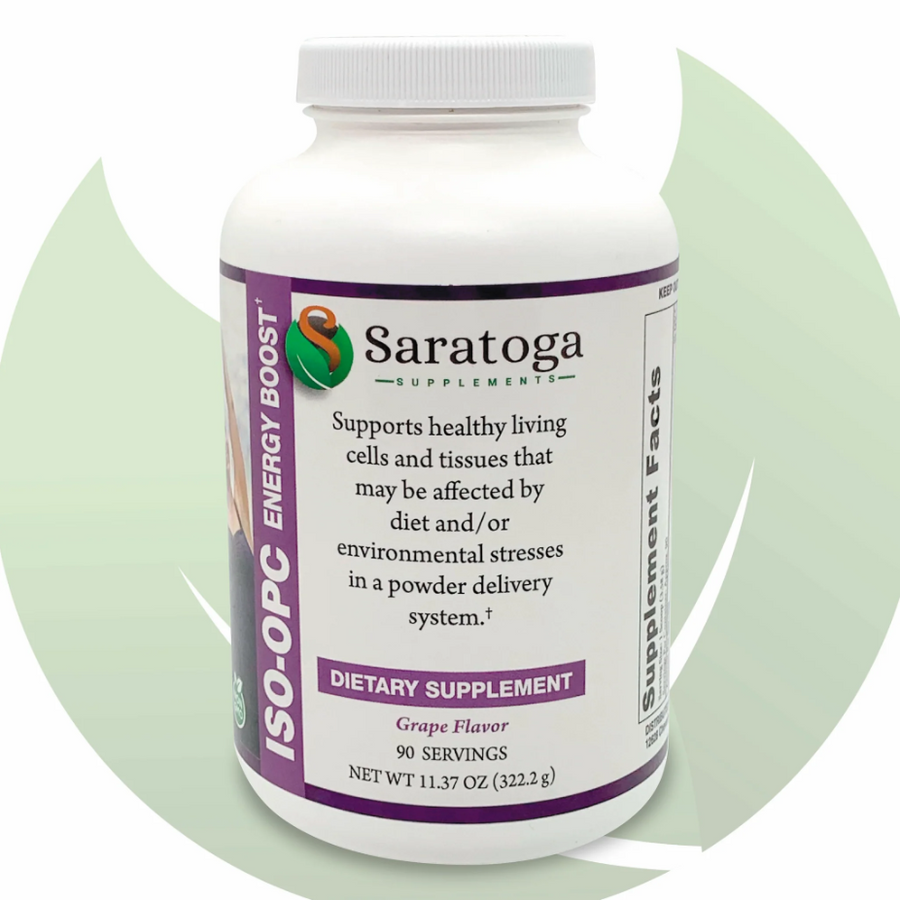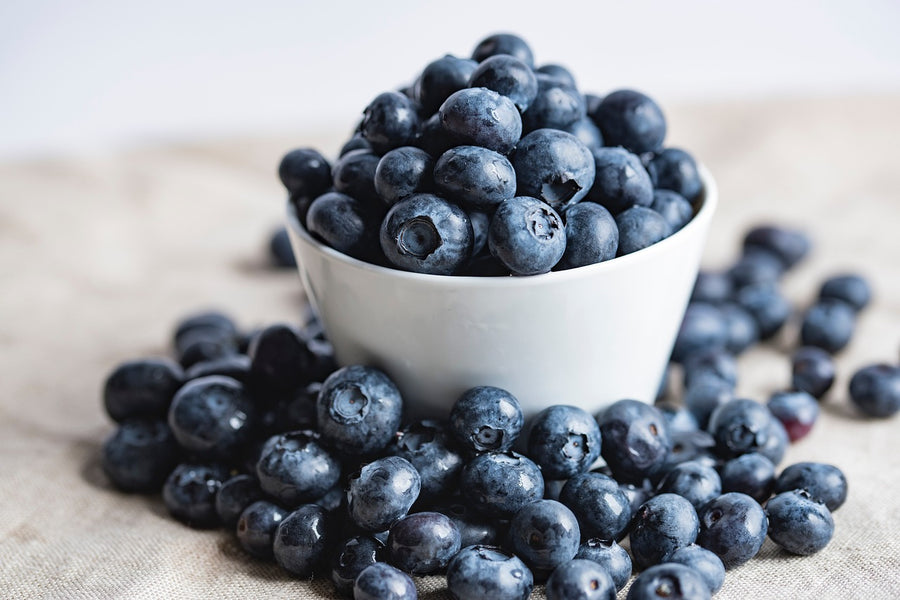When you think of vitamins and minerals essential for good health, generally vitamin C, Vitamin D, calcium, or maybe even iron comes to mind. But selenium, even if it is a bit obscure, is vital for good health. Our bodies cannot make selenium, so we rely on our diets or supplementation to get enough of this important mineral. Our bodies need selenium for a healthy thyroid and active metabolism, but that’s not all selenium does. It’s also essential for the health of the immune system. A strong immune system is necessary to fight infections from bacteria and viruses, like the colds and flu.
Selenium helps build metal-bearing enzymes that the immune system relies on to fight infections, including aggressive viral infections. There are 25 of these selenoproteins, half of which are necessary components of the immune system. Selenium is also essential for producing proteins needed by antibodies. Antibodies help the immune system identify and target infections that a person has experienced previously. They’re the key to acquired immunity and without selenium, they don’t form properly. Selenium is in fact one of the few metals essential for the production of antibodies in our systems. Without antibodies, we have no immune system, and no human can survive long without a properly working immune response.
Selenium is also important for the development of white blood cells, which kill invading microorganisms. It keeps harmless bacteria and viruses from overgrowing and becoming harmful. It’s also been noted to help slow the growth of harmful pathogens.
Selenium is also an effective antioxidant that helps reduce oxidative stress tissues. Oxidative stress is the result of cellular metabolism. Like all tissues in the body, cells consume nutrients. They produce free radicals—chemically unstable molecules—when doing so. Although free radicals are not detrimental in small amounts, it’s hard for the body to thoroughly purge excessive free radicals without sufficient levels of selenium.
Inflammation can be harmful for many reasons, but in the case of viral infections, inflammation from oxidative stress leads to mutations and fundamental changes in the way a virus operates. These changes can render treatment for a given kind of infection less effective, or even useless. Mutated viruses also tend to be more aggressive and harmful. Selenium deficiency has been shown to increase viral mutations in people suffering from viral infections. Because selenium reduces oxidative stress, healthy levels of selenium are able to prevent these mutations from occurring.
Selenium has a dual effect on viruses. Selenium is an antioxidant, and although its benefits are felt whenever the body is affected by inflammation, it’s particularly useful in fighting the kinds of inflammation caused by viruses. Not only does it reduce the inflammation, but antibodies that rely on selenium, also interfere with the virus’s ability to reproduce itself.
As important as selenium is, in some parts of the world it can be a challenge to get enough in one’s daily diet causing selenium deficiency in many areas of the world. Although the metal-bearing proteins that use selenium don’t require much, it’s still important to consider supplementation with selenium. A lack of selenium can easily result in frequent bad colds, influenza, and worse overall viral infections.
The Studies: Selenium and COVID-19
Recent studies show that selenium makes it harder for viruses like SARS-COV-II / COVID-19 to enter healthy cells. Researchers have also expressed interest in studying selenium for its potential ability to prevent the micro-clots that have proven so dangerous in COVID-19 patients. Observational research has shown that people who become seriously ill with COVID-19 often have levels of selenium 40 percent lower than what would be expected. This selenium deficiency isn’t seen in those who have mild cases of COVID-19 infection.
Research studies show that a lack of selenium suppresses the immune system’s ability to fight viruses. The same studies also point out that as people age, the immune system tends to react more slowly to viral infections. Healthy levels of selenium may reduce this lag in reaction. Another study recommends supplementation with selenium to help the immune system work more efficiently and effectively. Selenoproteins help the immune system work more efficiently by shaping how powerfully it responds to infections.
Your Takeaway
- Selenium may reduce oxidative stress on the body
- Selenium is essential for making effective antibodies
- Selenium can strengthen the immune system through its use by vital proteins
- Selenium is essential for selenoproteins necessary for good health
- Selenium has been shown to fight viral infections by making it harder for viruses to enter cells and by preventing viral mutations
Saratoga Immune D3fense is a multi-supplement, providing the proven benefits of vitamin D, Vitamin C, Zinc, and selenium for a healthy immune system. Saratoga Immune D3fense offers 200 micrograms of selenium per serving. Saratoga Immune D3fense is your first line of defense against viruses.






